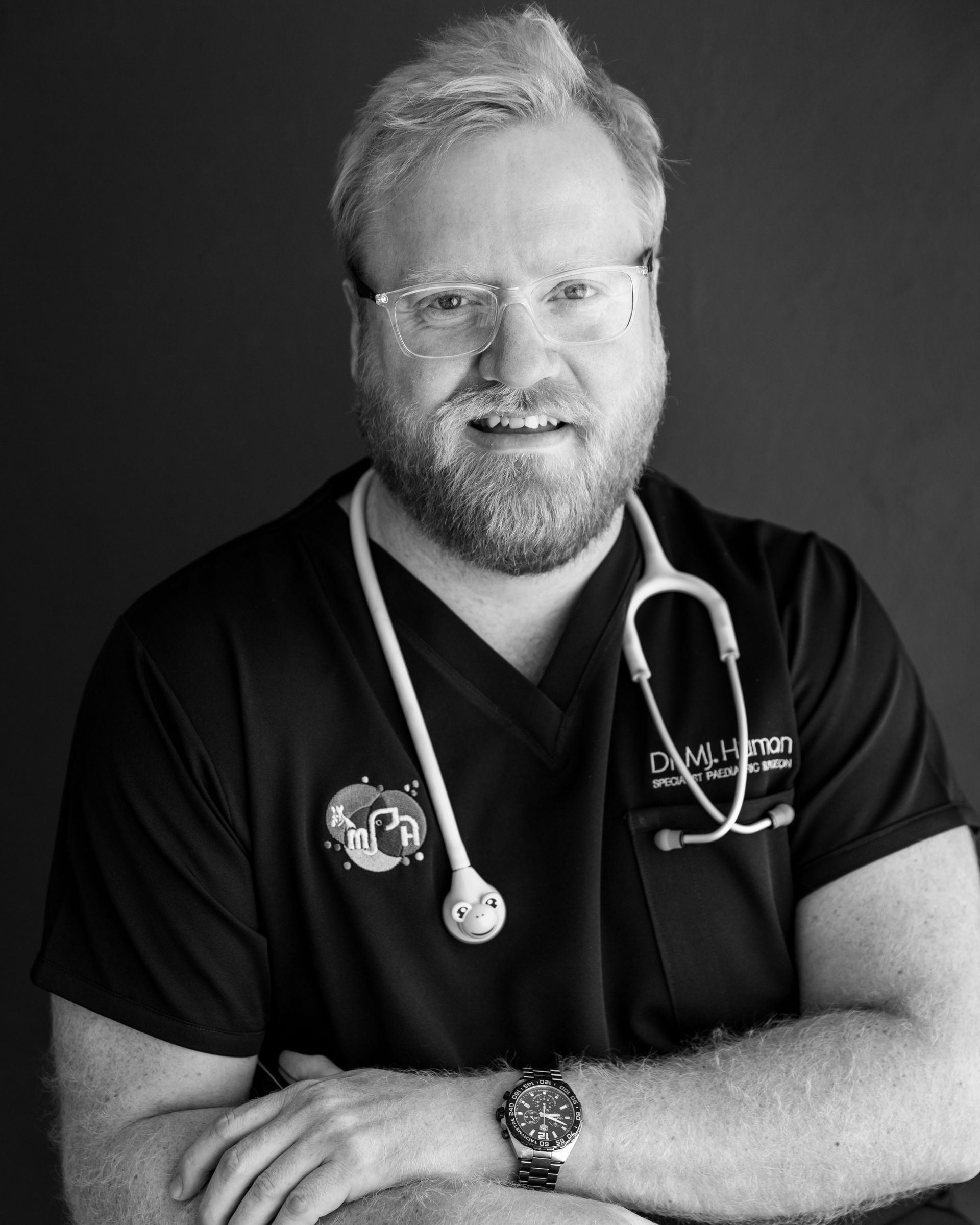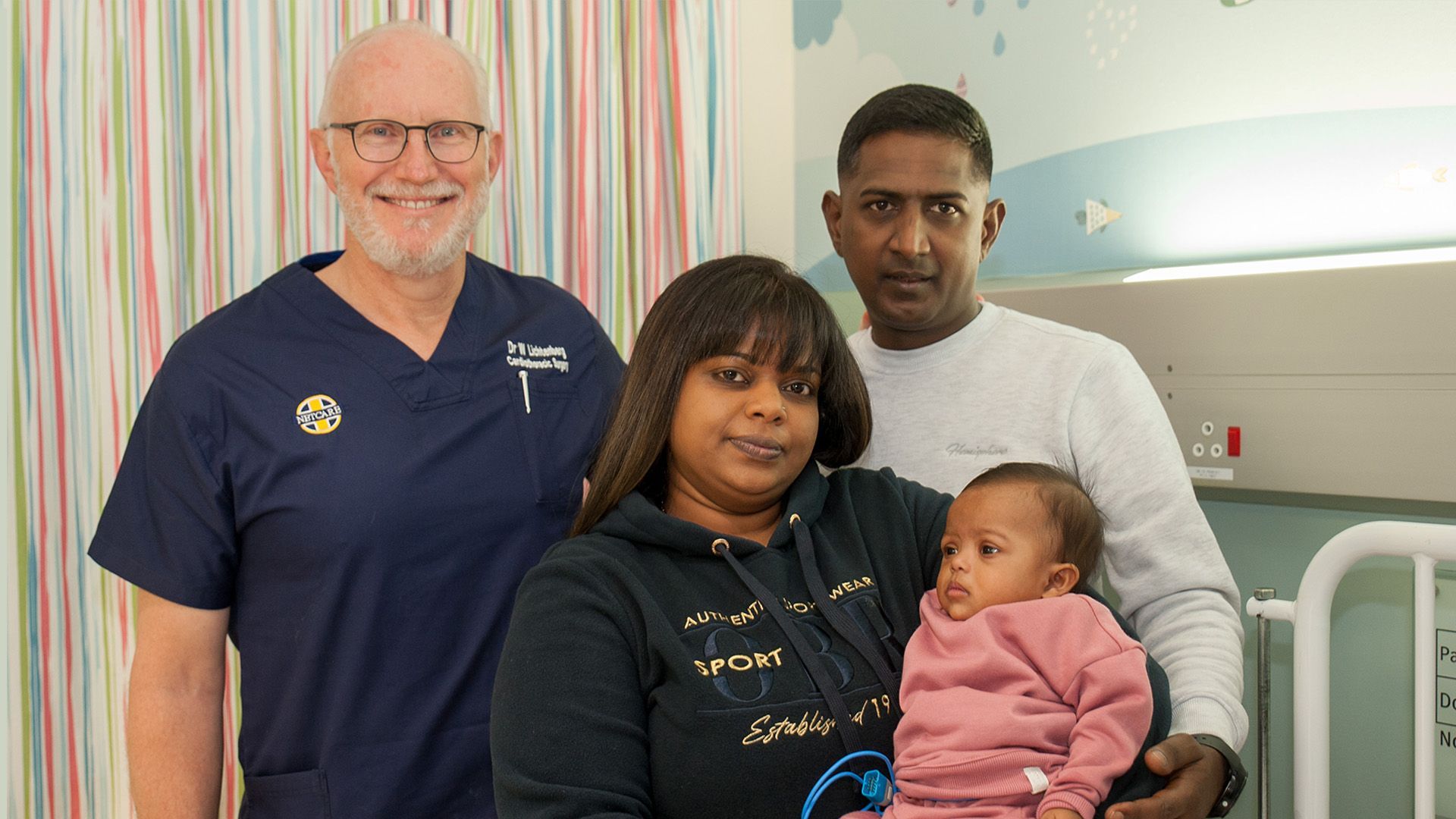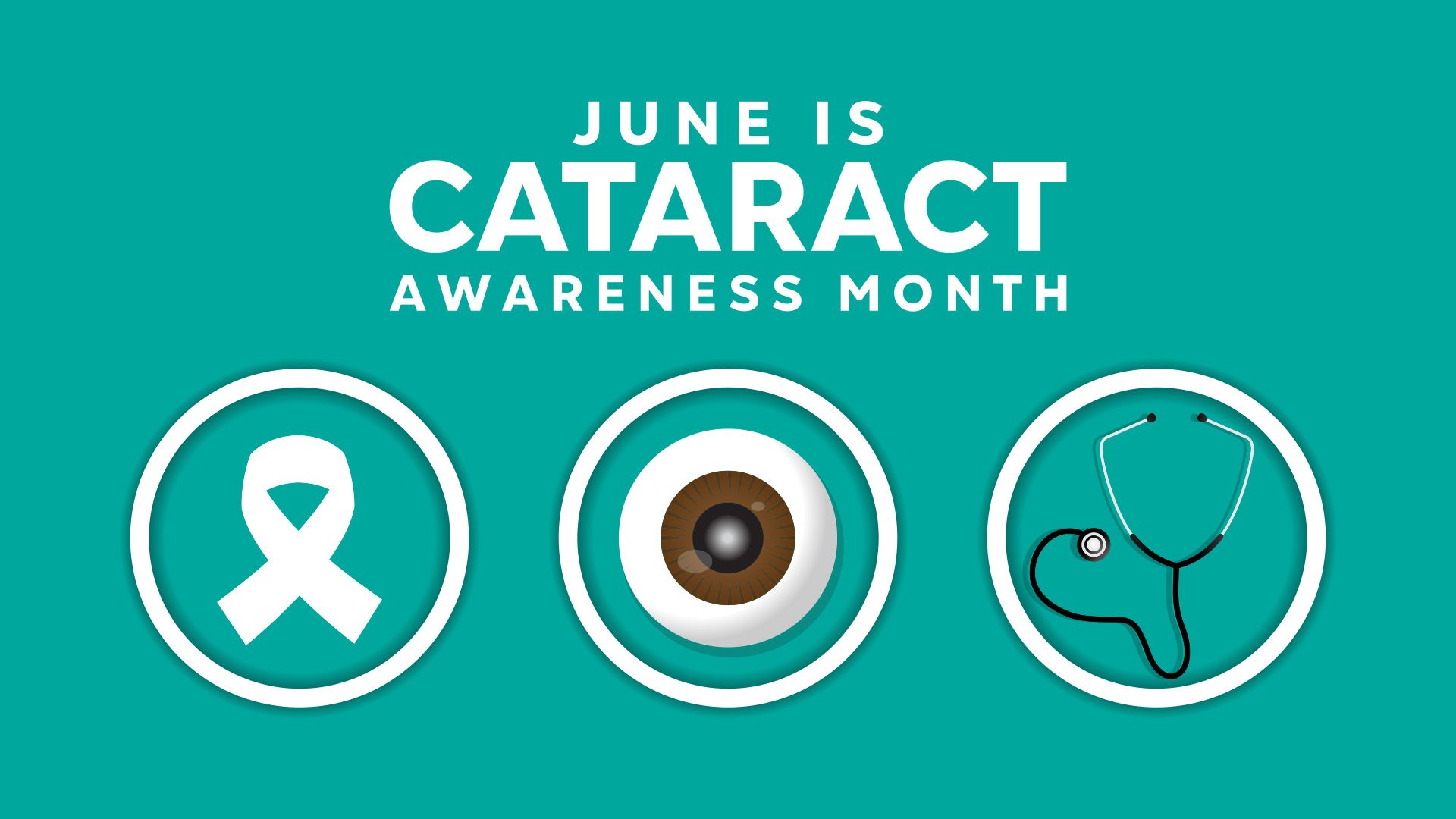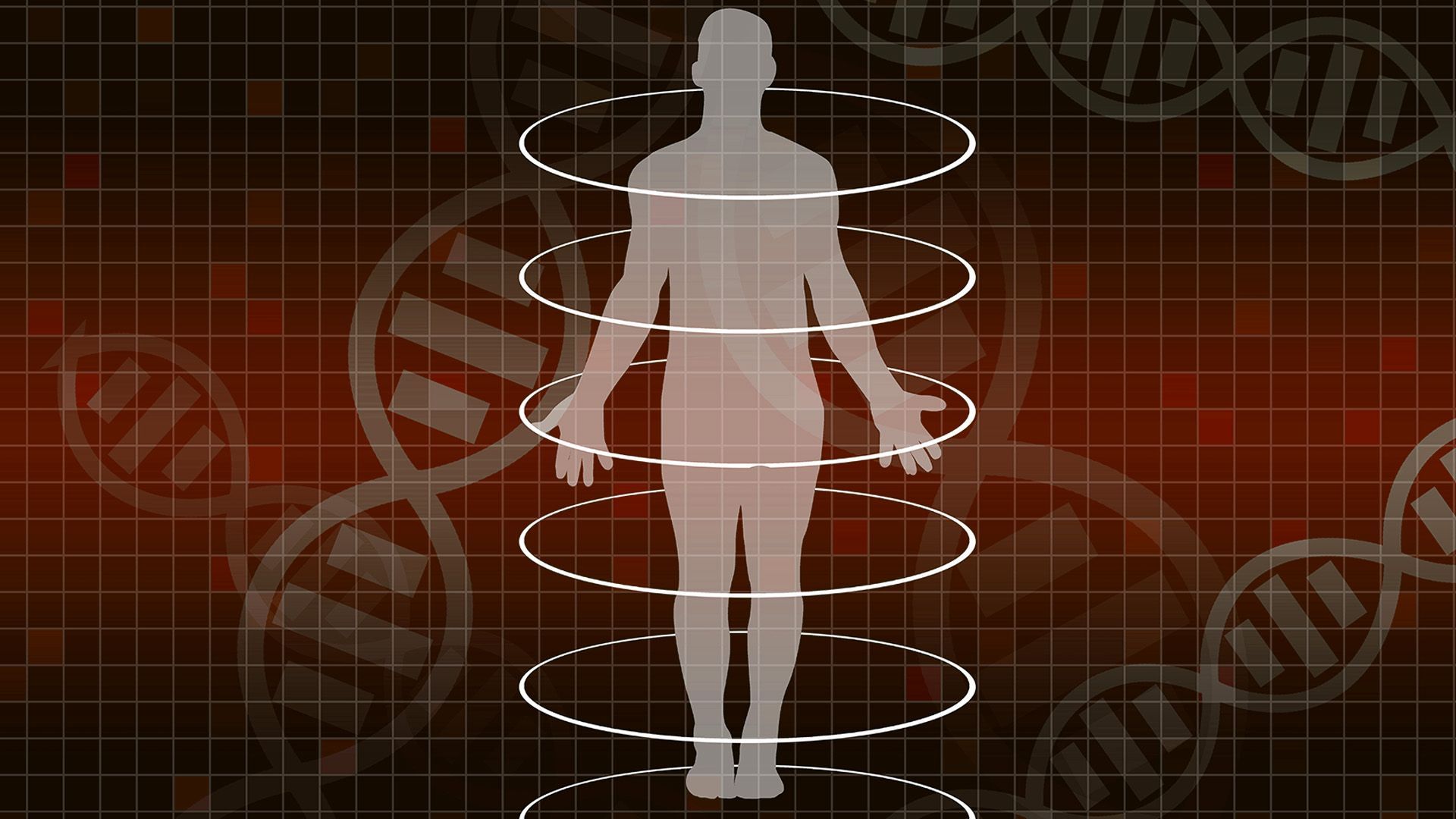Baby Lily-Anne – our pot of gold at the end of life’s rainbow
Lily-Anne Robinson overcame the rare and life-threatening condition of gastroschisis following a specialist procedure at Netcare Krugersdorp Hospital, and today is a joyful baby with a bubbly personality.
Multidisciplinary specialist care comes through for babies in crisis
Looking at Lily-Anne Robinson, a busy baby girl with a flair for keeping everyone around her constantly occupied, you would never know that within her first year of life, she has already overcome a rare, life-threatening condition.
According to paediatric surgeon Dr Mathys Human, who practises at Netcare Krugersdorp Hospital, gastroschisis is a rare defect in the abdominal wall, which results in a baby being born with the intestines outside the abdomen. For every five to ten thousand babies, just one is born with the condition.
Dr Human notes that the mortality rate of gastroschisis in developing countries can be extremely high at over 80%. The cause is not yet known, and despite the rarity of the condition, the hospital saw three little patients over a six-month period, all of whom survived without any major complications.
While there were some serious bumps in the road for Lily-Anne, her mother, Barbara Dunn, never wavered in her belief that her daughter would defy the odds and flourish, joining the ranks of numerous infants with serious conditions who overcome adversity.

Dr Mathys Human, a paediatric surgeon practising at Netcare Krugersdorp Hospital, notes that a multi-disciplinary approach is key to achieving successful outcomes for neonatal patients facing this and other serious conditions.
“From early on, Lily-Anne’s journey was not what we expected, starting with a routine pregnancy check-up when we were excited to discover her gender. It was during this appointment that we found out she had gastroschisis. A few days later, I was sitting in a specialist consultation, discussing the timelines of a planned early caesarean section and treatment to try and ensure my baby’s survival,” says Barbara.
Delivered two months premature, the fight had only just begun for little Lily-Anne, who underwent her first major operation at one week old.
Dr Human explains the importance of a multidisciplinary approach, which encompasses paediatric and paediatric surgical expertise, specialised neonatal intensive care nursing, physiotherapy, and dietetics, to provide infants with this condition with the optimal opportunity for success. The involvement of a paediatric surgeon from the outset and their presence at birth is furthermore deemed critical.
“Treatment for gastroschisis is often a staged procedure where a special bag is first placed over the intestines immediately after birth, and three to five days later, once it is established that the baby is sufficiently stable, surgery is performed to place the intestines within the abdominal cavity,” he says.
“Gastroschisis babies usually take approximately a month to start normal feeding due to slowed intestinal function, during which time they have to be fed intravenously – this often puts these babies at high risk of developing life threatening sepsis. Lily-Anne had a particularly prolonged hospital stay as she developed further complications that required additional surgery before she could be discharged.
“She came through it well, and we are pleased that she and our two other little gastroschisis patients have all had a positive outcome, in no small part thanks to my colleagues at the hospital, paediatricians Dr Alex Ogugua, Dr Heinrich Koekemoer and the rest of the treatment team.
“There is usually a follow-up surgery around the age of two to address any hernia defects, which are common in such a complex condition, but aside from this, they will all continue with life as normal,” he notes.
Barbara says that as a first-time mother, the journey was particularly daunting and that while Lily-Anne had a rockier start to life than most, she has proven to be highly resilient and is a joyful baby whose personality shines brightly.
“Lily-Anne certainly knows how to keep us busy, and even though we’ve only just recently celebrated her first birthday, she is already starting to develop a bit of an attitude,” laughs Barbara.
“Looking at what we went through and where we are now, I encourage any other parents struggling with a difficult newborn condition to hang on to that pot of gold at the end of the rainbow because things do get better. A huge thank you goes to our support system and the specialists and treating team for getting us there,” she concludes.













